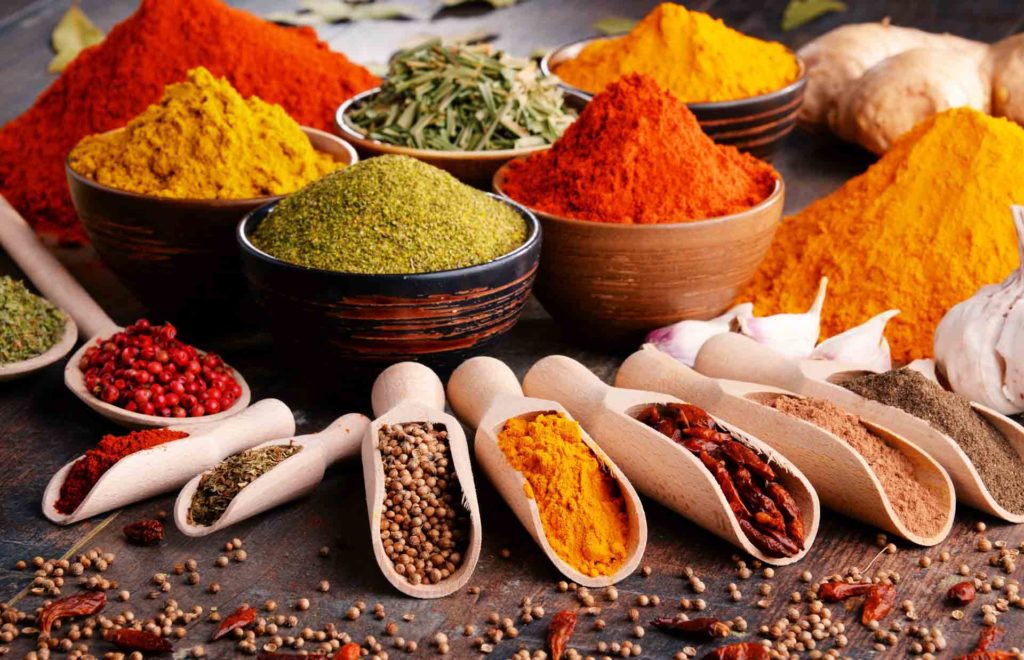INSIGHTS
Silicon Dioxide
Our technical team answers the most relevant questions about silicon dioxide. Learn all you need to know in less than five minutes: What is it? Where does it come from? How is it used? Is it safe? How does it help manufacturers?
What is Silicon Dioxide?
Silicon Dioxide is a natural compound, also commonly known as silica. It is an oxide of silicon. The chemical formula of Silicon Dioxide is SiO2. This means it consists of silicon (Si) and oxygen (O2). Silica has a water solubility of 0.12 g/L, meaning its solubility isn’t particularly high. It has a high melting point which makes it useful in a wide range of applications.
Where does Silicon Dioxide come from?
Silica is most commonly found in nature as quartz, which comprises more than 10% by mass of the earth’s crust. It is also present in many living organisms, such as plants and animals. It is present in both water and the soil. In many parts of the world, it is the major ingredient of sand.
Silica is mostly obtained through mining. Examples are sand mining and purification of quartz. In its natural form, quartz can already be used for many applications. While this is suitable for some applications, often further chemical processing is required. This helps to obtain higher purification or certain required qualities.
Where is Silicon Dioxide used?
Silicon dioxide has many uses. For example, construction industries rely heavily on it, to create cement products. Currently, this makes up the majority of its usage. But don’t let that mislead you. Silica is also widely found in most life science industries. Examples are food and feed products, as well as cosmetics and pharmaceutical articles.
In all of these industries, silica serves as an anti-caking agent. This means it helps to avoid clumping. When humidity finds its way into the packaging, clumping will occur between powdered ingredients. Products will stick together, leading to difficult dispersal. Anti-caking agents like silicon dioxide help to prevent this clumping. They do this by absorbing water, keeping the other ingredients dry.

Is Silicon Dioxide safe?
Since silica appears in many consumer industries, many people ask themselves ‘Is it safe?’. After all, we indirectly put it on our skin and ingest it every day. The first thing we need to understand is that silicon dioxide appears naturally all around us. Many unprocessed plants and vegetables we eat also have silica in them. Some examples are leafy green vegetables, beets, bell peppers or brown rice.
There has been a lot of research into the safety of silicon dioxide for humans. At this point, scientists have found no link between silica and increased risk of cancer, organ damage, or death. Studies have also found no evidence that it has negative effects on reproductive health, birth weight, or body weight when used as food or personal care additive.
How does it help food manufacturers?
As we’ve seen, many food products already use silica. Let’s take a look at some of the main benefits for food manufacturers.
Anti-Caking
Silica helps to keep powders from sticking together. This ensures that products don’t crumble.
Thickener
It can be used as a thickening agent in various foods.
Dietary Restrictions
It is considered vegan, which means productions with special attention to dietary restrictions can use it. Also, it is gluten-free.
Carrier
It can act as a carrier, which helps to maintain fragrances and flavours.
Free Flow
Even minor additions (1-2%) will improve powdered products. It allows faster processing and easier use in automated machines.
Water-absorption
Silicon dioxide helps to preserve food products by absorbing moisture.
Get Professional Technical Support
There are many different types and grades of silicon dioxide. Our experienced food team is working closely with world-leading producers of silica for decades. Our experts can critically analyse existing formulations and provide solutions for the right formulas. Get in touch with our food ingredients team today to find out more about which type of silicon dioxide is best suited for your project.
Related Articles & Trends
Fast Baked Choux Cream
A French-inspired dessert that’s elegant, easy, and indulgent — this fast-bake choux cream offers rich texture and instant preparation. Created by our Regional Food Innovation Centre to simplify classic pastry making without compromising quality.
Korean Mochi Corndog & Eggless Creamy Gochujang Sauce
A flavour-packed Korean snack with a chewy mochi corndog and creamy, eggless gochujang sauce. Clean label, convenient, and fun to eat — discover the latest innovation from our Food Innovation Centre.
Shio Pan High Fibre
A bakery classic gets a healthy, functional makeover with our new prototype of the month: Shio Pan High Fibre. This buttery Japanese bun now comes with a nutritional twist, delivering 6 grams of fibre per serving while keeping the soft, stretchy crumb and crisp crust we all love.



